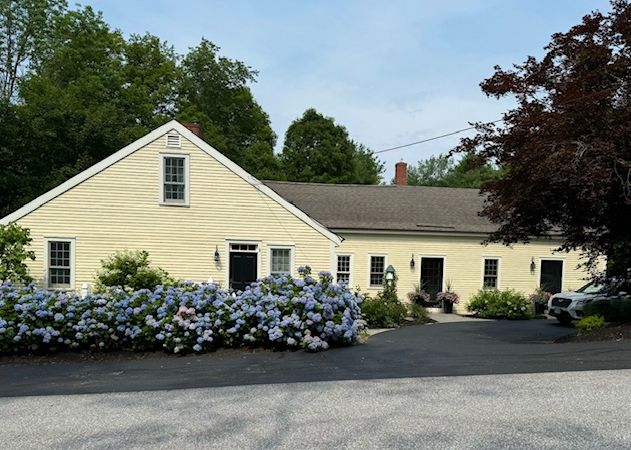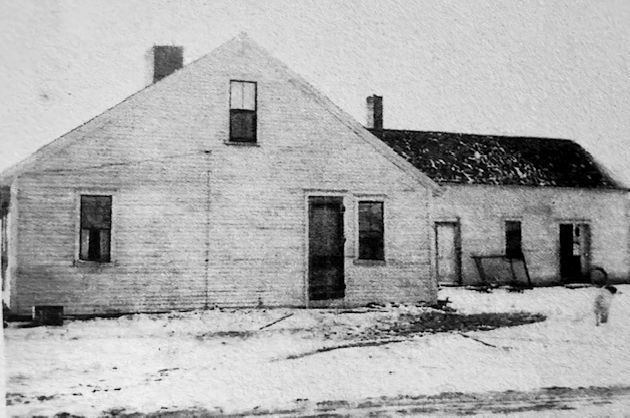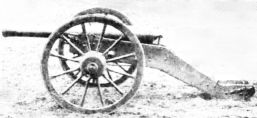New Boston Historical Society
New Boston, New Hampshire

Behind the Door: 206 Joe English Road
by Mary Atai (August 2024)
Devout and dedicated, Robert White later became a Deacon. He played an important part in the installment of New Boston's very first minister, Solomon Moor. Reverend Moor had arrived in New Boston in 1767 from Londonderry with letters of commendation. The people accepted him and later that year there was a unanimous call that he become their first formal pastor. At the time of his settlement, he was boarding with Deacon White and his family in this house. The Deacon was paid by the town to provide entertainment to all the visiting ministers at the installment ceremony. Reverend Moor would serve for 36 years until his death.
White's daily work was in John McLaughlin's grain mill, but he later moved to Goffstown to tend another mill, at which time he sold the property to Captain John Lamson. Lamson was a tanner and currier. He also kept a store and tavern in this house.
One of the daughters of Captain John Lamson, Sarah Theresa, the locally famous poet, married Abram Wason and lived in this house.

The house in 1919, more than 100 years ago
In the early 1900s, Fred Carroll Brown and his wife, Flora, bought the property. They raised three children here, Charles, Harland, and Eunice. Fred was a selectman, and later, the tax collector. For many years, Harland Brown was the foreman of Constitution #2, the town's only fire engine. Charles Brown worked at the Creamery and was the driver of the team that brought their items to the depot station for railroad shipping.
I was able to interview Charles' daughter, Charlotte Brown Leavitt, by phone. After marrying, her parents moved to Milford. Charlotte's family came back and visited her grandparents, Fred and Flora, almost every weekend.
At 90 years old, Charlotte's childhood memories remain strong. She recalled that the water source was a well out back of the kitchen. There was a large blueberry patch in the woods beside the house, which belonged to Granny Brown. Hay and a few cows were kept in the large barn. This barn was later dismantled in the 1970s, leaving a striking foundation made of huge slabs of granite visible high above ground. Chickens were kept in coops across Joe English Road. The family sold eggs, which were cleaned and sized in the room to the right side of the house, facing the road.
Their land was given out as allotments during the Depression so people could grow food to feed their families.
There was a parlor, a sitting room, a kitchen/dining room, and two bedrooms upstairs. The large chimney supported a fireplace in each of these lower rooms, with the largest fireplace in the kitchen having a bread oven, a Deacon cabinet, and paneling. The long ell on the side of the house held the outhouse facilities.
There was a piano in the sitting room, but in winter this room was closed off, because only a portion of the house was heated. Everyone mostly stayed in the kitchen/dining area.
By 1966, Phil Duke, whom many still remember, bought the property. He was a ceramic engineer. Stories are still told about Phil's love for Halloween and how he would decorate the entire house. Also well remembered are his musical abilities. Occasionally he still comes from his home in Hillsborough to attend the summer concerts on the common.
By 1998, the current owners, Dana and Brian Dorwart, bought the property. After having lived on the other side of the road before moving to Seattle for work, their hearts were drawn back to Joe English. They have worked hard to bring out the beauty of the house and grounds during the past 26 years. Carpenters Tony Hall, Tom Condon, and his son John have all had a hand in the restoration.
Click here to return to the main page for "Behind the Door" articles.
